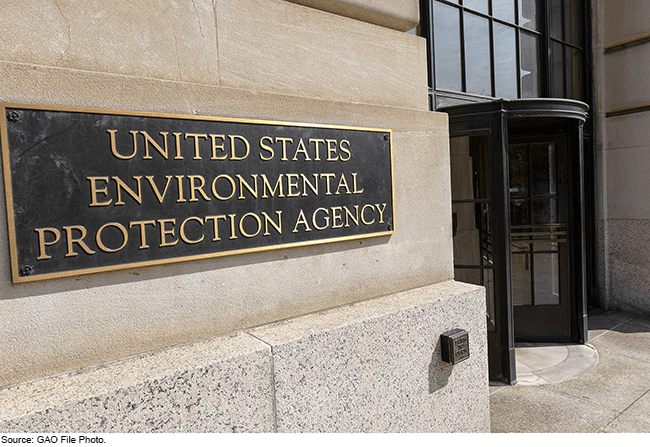Lee Zeldin has been sworn in as the U.S. Environmental Protection Agency’s (EPA’s) 17th administrator, inheriting an agency that the power industry sees as increasingly central to the future of […]
The post appeared first on .

Lee Zeldin has been sworn in as the U.S. Environmental Protection Agency’s (EPA’s) 17th administrator, inheriting an agency that the power industry sees as increasingly central to the future of […]
The post appeared first on .

Affordable electricity prices have become a top priority for consumers, policymakers, voters, and elected officials. Electricity prices for the residential, commercial, industrial, and transportation sectors , compared to the same…
The thermal utilization of sustainable fuels and the recovery of waste heat play a central role in today’s energy generation and the decarbonization of the global industry. Industrial boilers are…